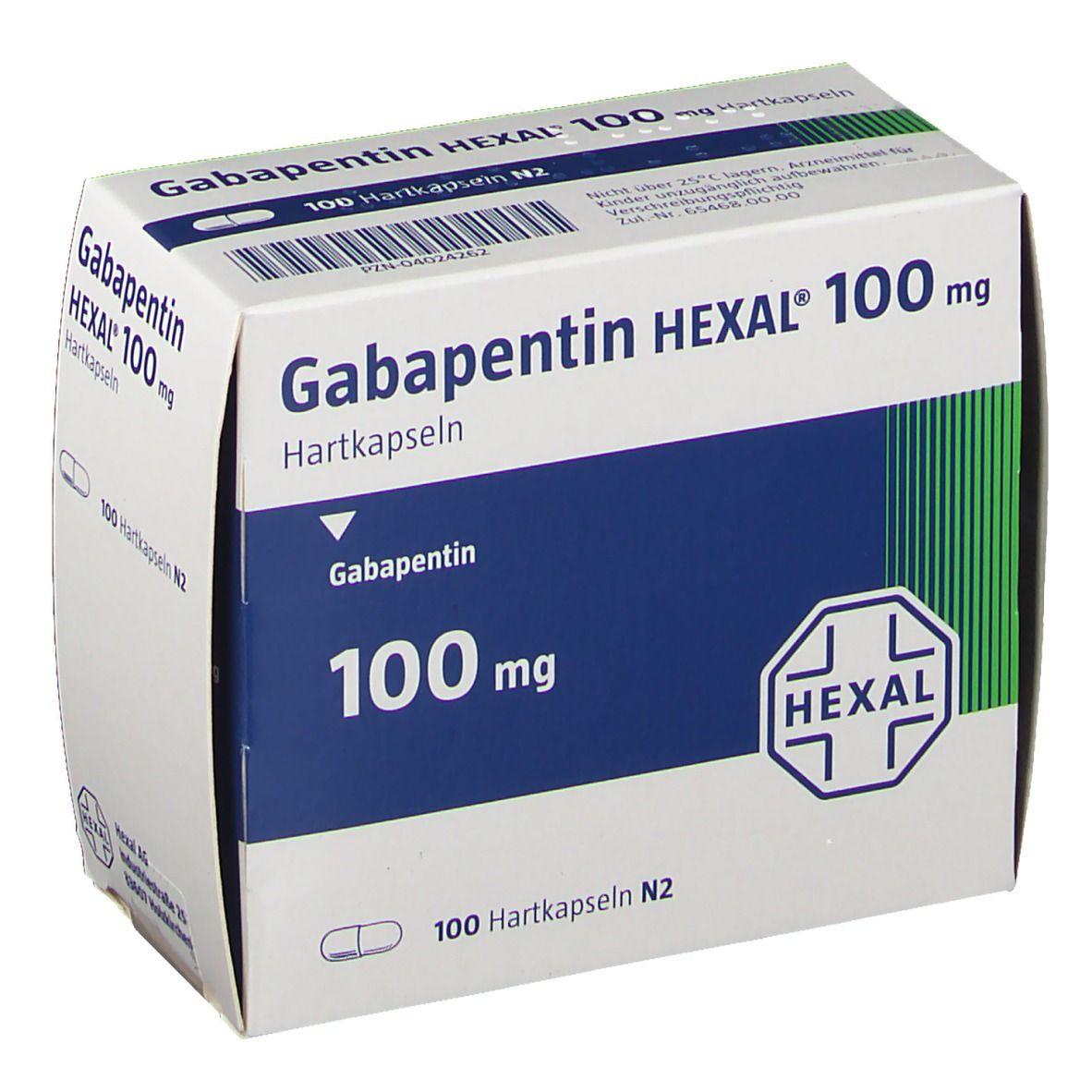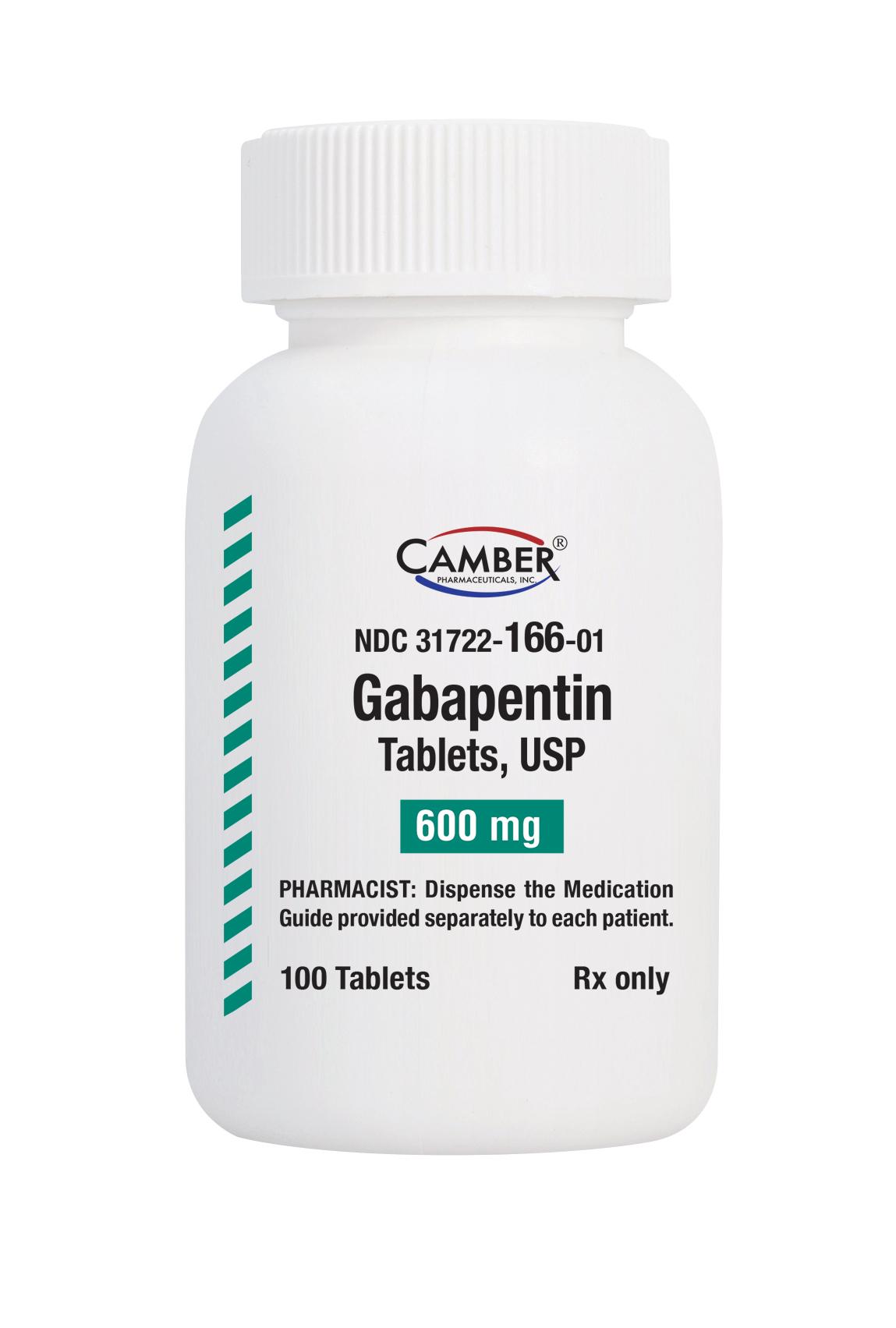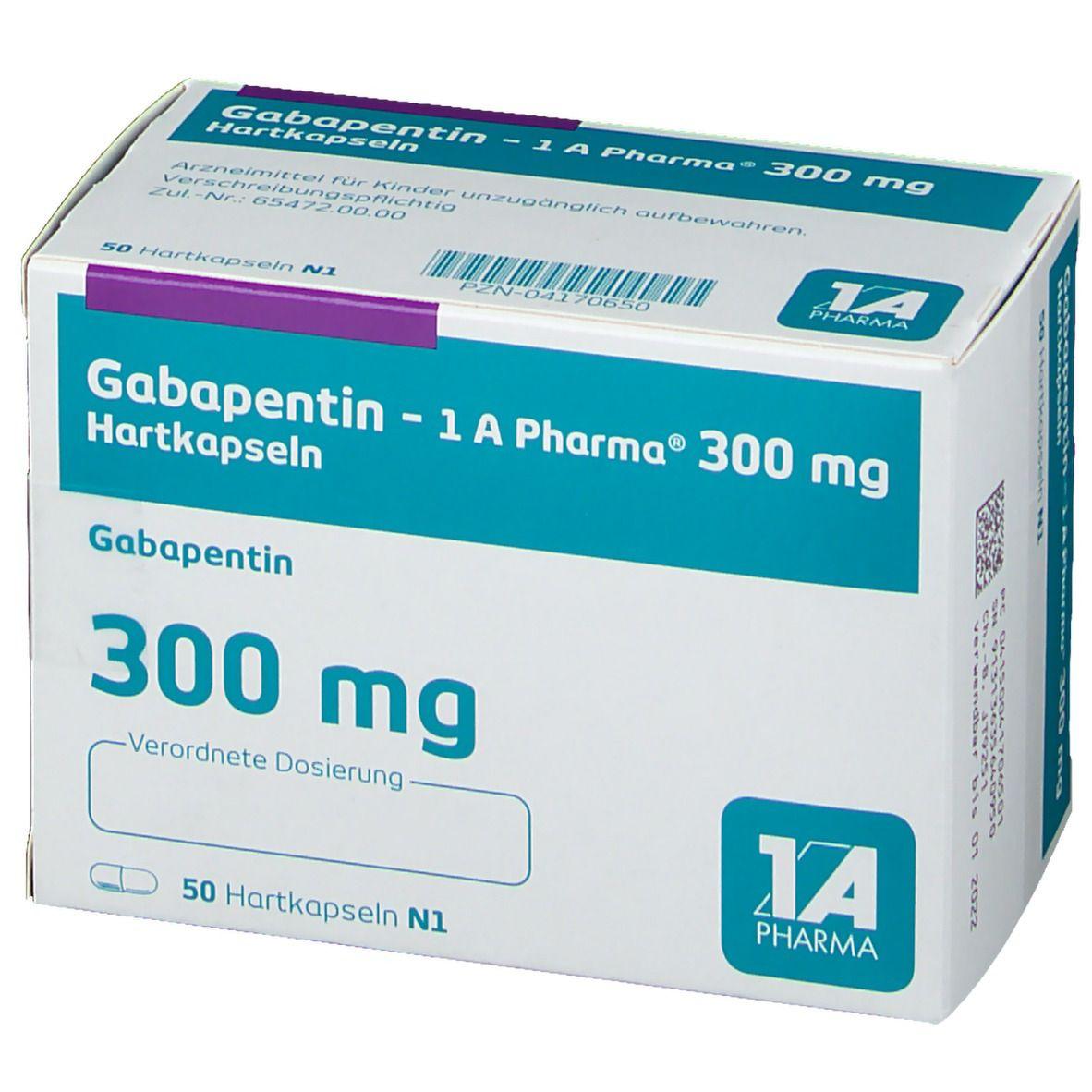Gabapentin: a drug that has sparked debate and controversy in recent years. As its usage continues to rise, questions surrounding its efficacy, safety, and potential for abuse have become increasingly prevalent. In this article, we’ll delve into the complexities of gabapentin – from its intended medical uses to the issues that have made it a hot topic in the pharmaceutical world.
Table of Contents
- Overview of gabapentin: its uses and benefits
- The controversies surrounding gabapentin
- The potential risks and side effects of gabapentin
- Recommendations for individuals considering gabapentin for treatment
- Q&A
- Future Outlook

Overview of gabapentin: its uses and benefits
Gabapentin is a medication that is commonly used to treat seizures, nerve pain, and restless legs syndrome. It works by affecting certain chemicals in the brain that are involved in the transmission of pain signals. This drug is also known by the brand names Neurontin and Gralise.
Despite its effectiveness in treating these conditions, gabapentin has become a controversial drug due to its potential for abuse and addiction. Some individuals misuse gabapentin by taking higher doses than prescribed or using it recreationally to achieve a “high.” This has led to calls for tighter regulation of the drug to prevent its misuse.

The controversies surrounding gabapentin
stem from its widespread use for off-label purposes and the potential risks associated with its usage. While originally developed as an anti-epileptic drug, gabapentin is now commonly prescribed for various conditions such as chronic pain, anxiety, and insomnia, despite limited evidence supporting its efficacy in these areas.
Additionally, gabapentin has been linked to potential side effects such as dizziness, drowsiness, and cognitive impairment, which can pose risks to certain populations, especially older adults. Concerns have also been raised about the drug’s potential for abuse and addiction, with reports of individuals misusing gabapentin to enhance the effects of other substances or to achieve a high. These factors have fueled the debate surrounding gabapentin’s safety and effectiveness, prompting calls for more stringent regulation and monitoring of its use.

The potential risks and side effects of gabapentin
One of the most controversial medications on the market today is gabapentin. This drug, commonly prescribed to treat seizures and nerve pain, has been linked to a variety of potential risks and side effects that have raised concerns among medical professionals and patients alike.
Some of the main risks associated with gabapentin include:
- Increased risk of suicidal thoughts or behaviors
- Potential for physical dependence and withdrawal symptoms
- Interactions with other medications
| Side Effect | Symptoms |
| Dizziness | Feeling lightheaded or unsteady |
| Fatigue | Excessive tiredness or lack of energy |
| Weight gain | Unexpected increase in body mass |

Recommendations for individuals considering gabapentin for treatment
Gabapentin is a medication often prescribed for the treatment of epilepsy, nerve pain, and a variety of other conditions. Despite its widespread use, gabapentin has become a topic of controversy in recent years due to reports of misuse and addiction.
For individuals considering gabapentin for treatment, it is important to weigh the potential benefits against the risks. Here are some recommendations to keep in mind:
- Consult with a healthcare professional to determine if gabapentin is the right treatment option for your specific condition.
- Follow the prescribed dosage and schedule to avoid adverse effects and misuse.
- Be aware of the potential for dependency and withdrawal symptoms, especially if using gabapentin long-term.
- Monitor your mental and emotional well-being while taking gabapentin, as some individuals may experience mood changes.
Q&A
Q: What is gabapentin and why is it so controversial?
A: Gabapentin is a prescription medication used to treat epilepsy, nerve pain, and restless leg syndrome. However, it has become controversial due to its increasing misuse and abuse.
Q: Why is gabapentin being misused?
A: Gabapentin is being misused for its potential to enhance the effects of opioids, leading to an increased risk of overdose. It is also being used recreationally for its calming and sedative effects.
Q: How is the misuse of gabapentin impacting public health?
A: The misuse of gabapentin is contributing to the opioid epidemic and posing a serious public health threat. It is important for healthcare providers to closely monitor its use and educate patients on the risks associated with misuse.
Q: What actions are being taken to address the misuse of gabapentin?
A: Some states have started to classify gabapentin as a controlled substance to restrict its availability and prevent abuse. Healthcare providers are also being urged to prescribe gabapentin more cautiously and educate patients on its proper use.
Q: What are the potential long-term consequences of gabapentin misuse?
A: Long-term misuse of gabapentin can lead to physical dependence, addiction, and an increased risk of overdose. It is crucial for patients to use gabapentin as prescribed and seek help if they are experiencing any signs of misuse or addiction.
Future Outlook
gabapentin is a medication that has sparked significant debate and controversy in the medical world. While it has proven effective in treating certain conditions, its potential for misuse and abuse cannot be ignored. As more research is conducted and guidelines are established, it is crucial for healthcare professionals and patients alike to approach the use of gabapentin with caution and awareness. Stay informed and stay safe. Thank you for reading.
